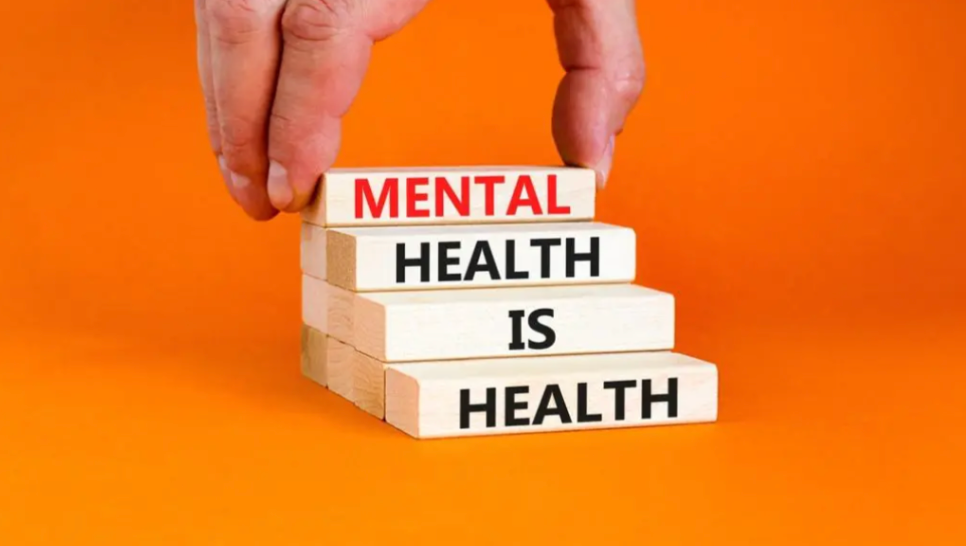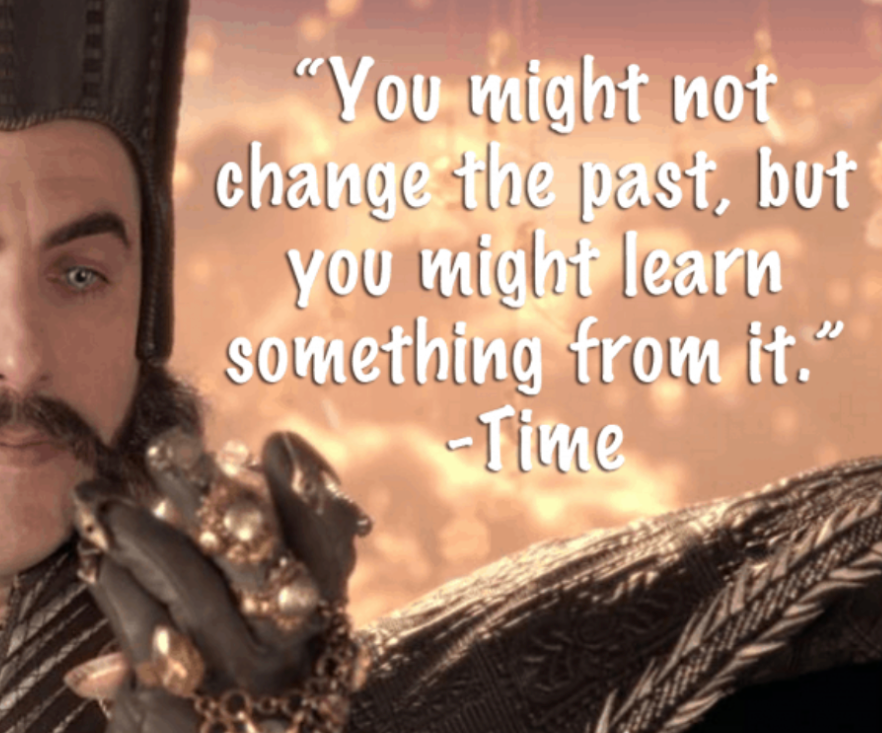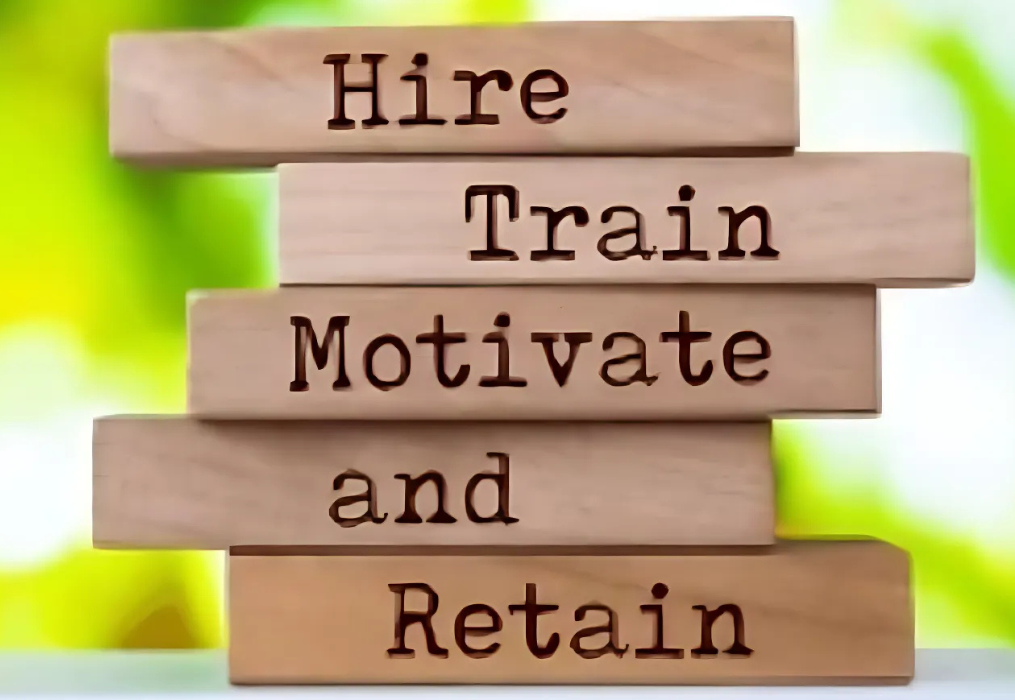Navigating Unconscious Bias: Am I Safe to Speak up Here?
Having the confidence to speak up at work is an important part of employee satisfaction. I recently gave a seminar on The Double Bind.
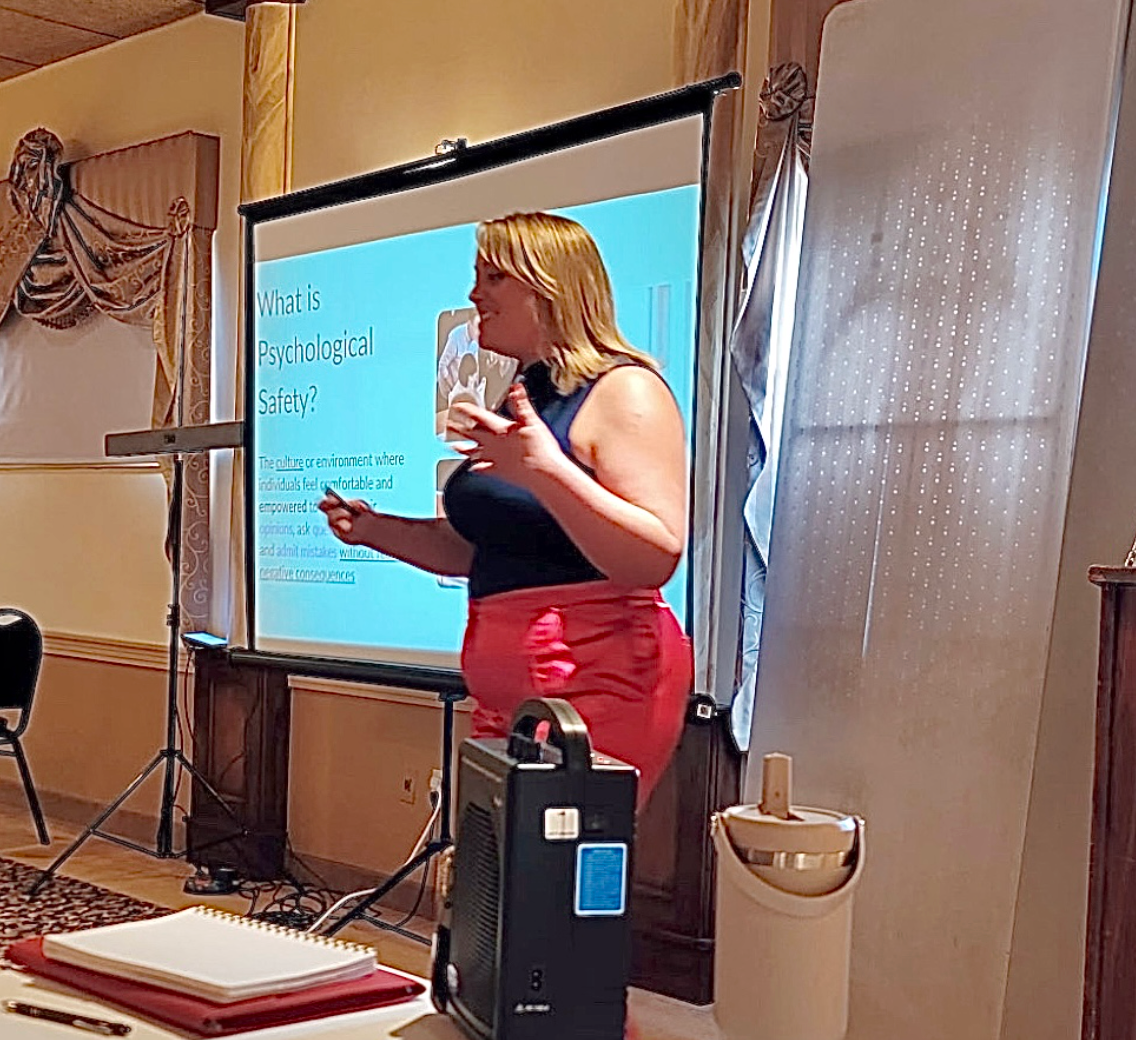
In particular, I covered how this impacts women in the workplace and her ability (or inability) to be taken seriously in leadership based on arbitrary societal expectations of how women “should” behave. As a group, we discussed the qualities most people attribute to those they consider to be the most effective as leaders, and how they tend to fall under masculine stereotypes.
Traits such as
- Assertive
- Decisive
- Confident
The traits more often stereotypically assigned to women however, tend to run counter to what we want out of our leaders…it seems…
- Nurturing
- Emotional
- Warm
The Double Bind asserts, more often than not, there will be no perfect personality blend for women. That if she’s too confident, she will be deemed unapproachable. If she’s too warm, she will be seen as weak.
This can also point to why there are so many studies, dating back to the 1970s, dedicated to seeing just how often women speak up in meetings and why even though time and time again women fall well below 50%, any amount of women speaking seems to count as double- and not always in a good way- since she will often be spoken over.
So what does this very frustrating situation have to do with psychological safety?
Vulnerability.
Admitting times we have been victimized by a system we have no control over requires Herculean levels of strength. Admitting we may have taken part in this system and hurt other women and men in the process? Well, that’s dang near impossible.
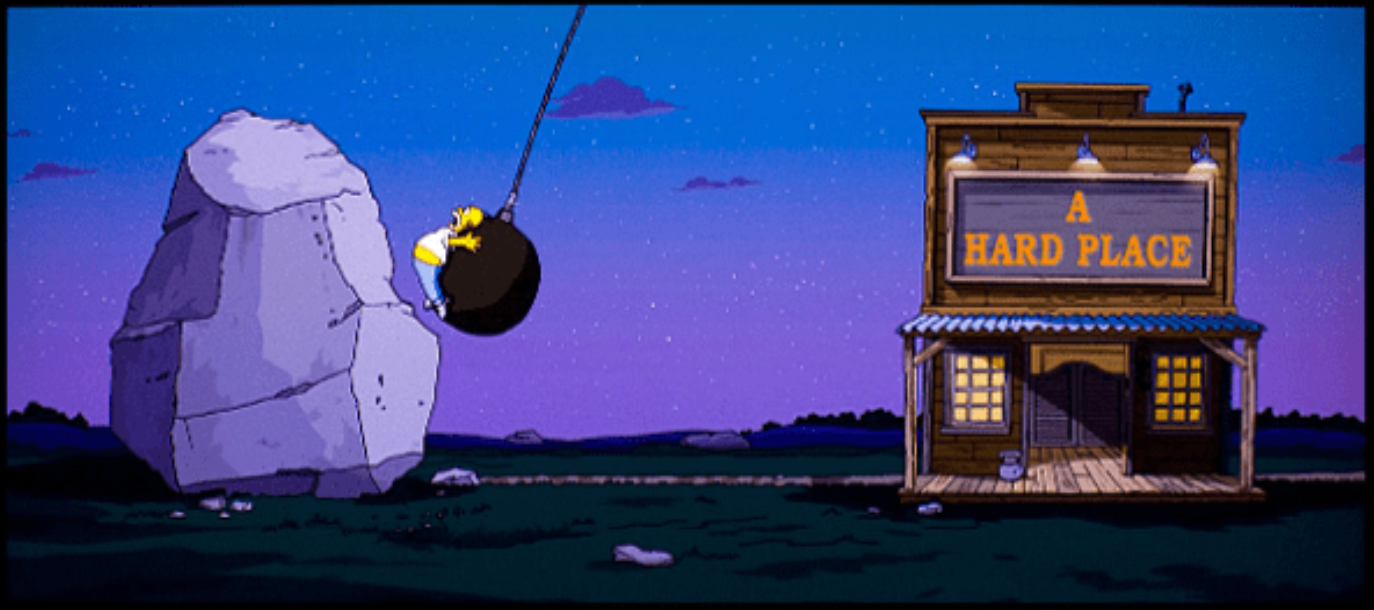
Solutions: One Step at a Time
1. Recognize the problem is systemic, therefore it requires systematic change - Acknowledging intersectionality is key- because not only does this impact us based on gender stereotypes but race, ethnicity, religion, all of the parts that make up who we are. This reality makes the double bind bias even more layered and difficult to overcome
2. Unconscious bias - We all hold internal biases and it’s our job to do the learning and unpacking
3. Expand your network
4. Be open to conversation & changing your opinions
5. Allow your teams to give feedback openly and honestly
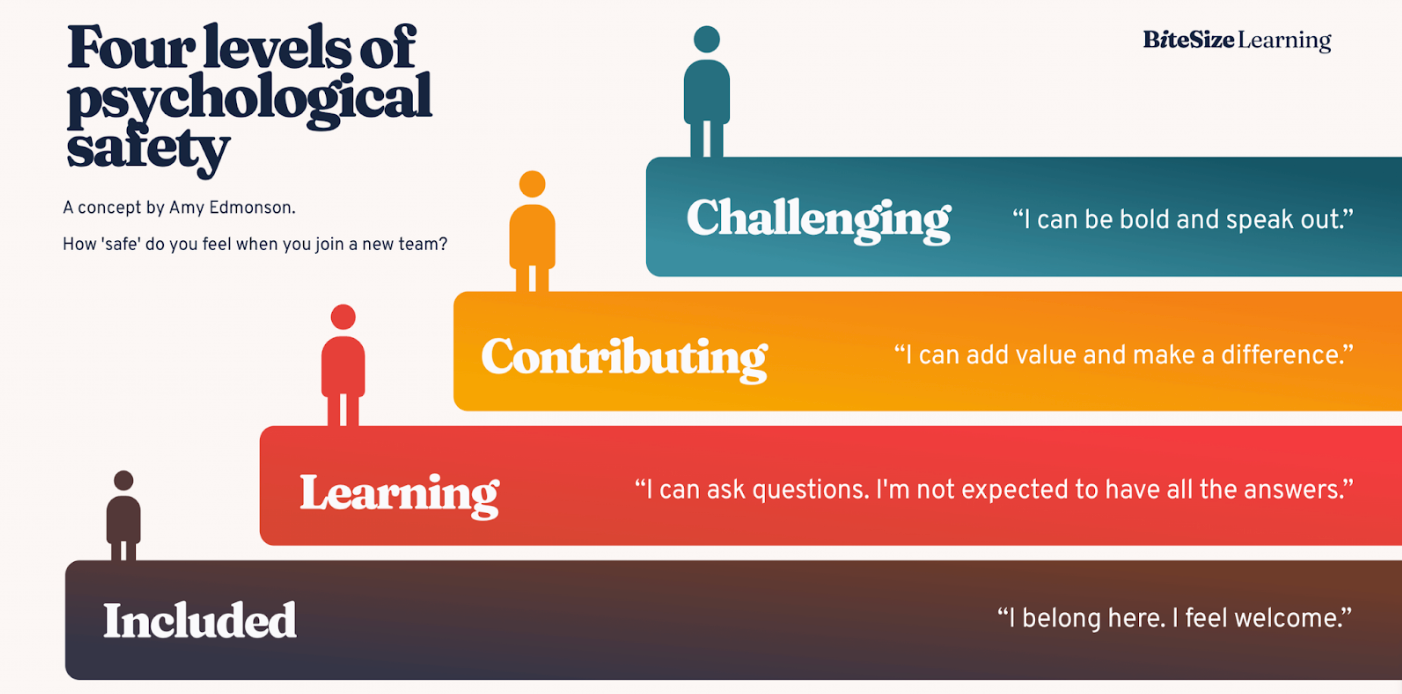
4 Types of Psychological Safety
Not all safety is measured the same nor do we look at each in our personal lives with the same level of importance. Like most things in life however, balance and awareness is key and a great place to start!
Inclusion Safety:
The fundamental human need to belong and feel accepted, where team members feel comfortable being themselves and valued for their individual strengths
Learner Safety:
Based on the importance of a safe environment for learning and growth. When achieved, individuals feel comfortable asking questions, making mistakes, and receiving feedback without fear of judgment
Contributor Safety:
Encourages individuals to share their ideas and contribute their talents, fostering a culture where people feel safe to participate and offer their perspectives without fear of ridicule or embarrassment
Challenger Safety:
Promotes the ability to question the status quo, challenge assumptions, and suggest improvements, creating an environment where individuals feel empowered to speak up and advocate for positive change
Check out
my last blog post on this subject for more insights and check back weekly for more tidbits.
Answer these questions below, if you’d like to spark a discussion, put your feedback in the comments or reach out to me directly for a one-on-one conversation!
- Have you faced pressure at work or in life because of your gender?
- Women: no matter how well you perform, still get high levels of criticism?
- Men: received criticism if you show your “feminine side”? Overly warm, fear judgments if you show joy/sadness, nurturing to others?
- Can you think of a time you had unfair expectations/judgements of a boss or coworker because of their gender?
- A woman you judged more harshly for her strength in leadership than if she were a man?
- A man you put pressure on to confidently decide alone, rather than engaging in teamwork?
- Which stage of psychological safety resonates with you the most? Why?
- Do you feel you have the permission to bring these topics forward to management?



